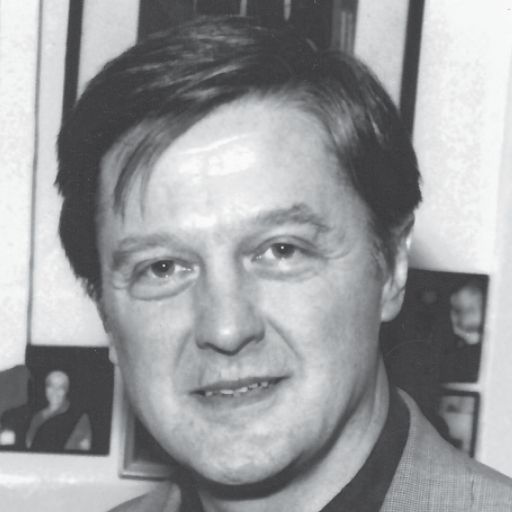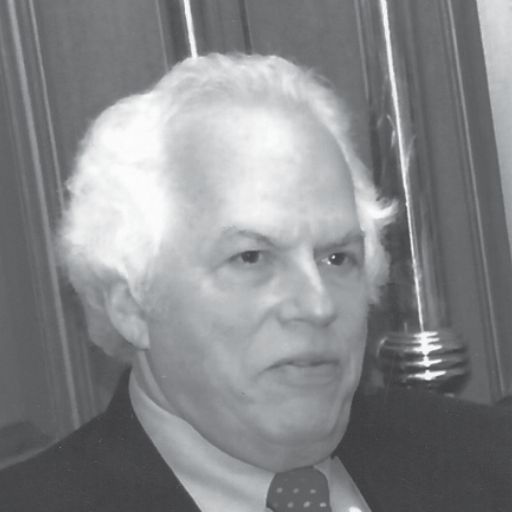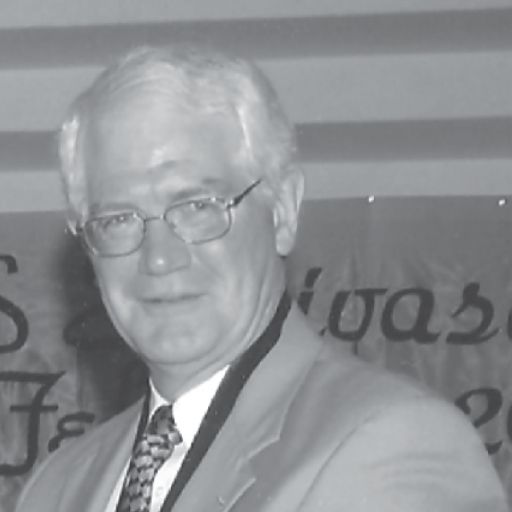2010

Year 30

Prof. Fred Ovsiew
Professor of Clinical Psychiatry and Behavioral Sciences
Northwestern University, Chicago, USA
THEME: HYSTERIA - THE ROAD LESS TRAVELLED BETWEEN BRAIN AND MIN
Psychiatry's beginnings were with the creation of public institutions for the 'lunatic poor' and psychiatrists were the
medical specialists called upon to run these institutions.The institutional setting in which psychiatry developed had a
major impact on how psychiatrists conceived their work and on how their specialty developed. Early psychiatrists believed
that mental disorders were due to brain disease, and indeed their institutions contained many patients with such
disorders as epilepsy and neurosyphilis. Neurologists on the other hand, developed a research programme, which was
highly successful in increasing the understanding of brain disease, but to the total exclusion of mental disorders. It was
the study of hysteria, hitherto the province of the neurologist and outside the ambit of psychiatry, that proved the pivot
on which the dramatic turn of psychiatry to the domain of ideas, and away from brain disease was formalized.
When Charcot failed to find brain damage in post mortem studies of patients with hysteria, he postulated a 'dynamic lesion' of the nervous system underlying hysteria. Freud, his student rejected this hypothesis, proposing that hysteria arose from an alteration of the patient's conception of the body part. An fMRI study gives preliminary indication that hysteria may be associated with a dysfunctional representation of self in a dynamic brain network. The modern clinical approach must therefore be sensitive to the brain-mind interface in patient care.
When Charcot failed to find brain damage in post mortem studies of patients with hysteria, he postulated a 'dynamic lesion' of the nervous system underlying hysteria. Freud, his student rejected this hypothesis, proposing that hysteria arose from an alteration of the patient's conception of the body part. An fMRI study gives preliminary indication that hysteria may be associated with a dysfunctional representation of self in a dynamic brain network. The modern clinical approach must therefore be sensitive to the brain-mind interface in patient care.










